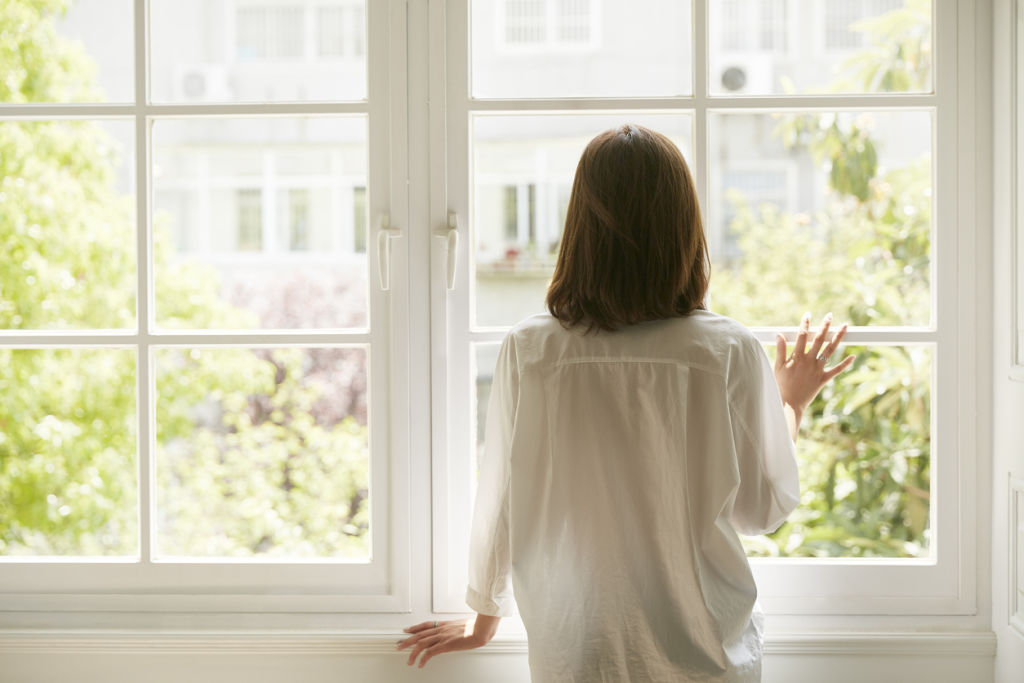All Categories
Featured
Table of Contents
Which Double Glazing Company Is The Best? in Wellard Western Australia
Glazing simply means the windows in your home, including both openable and fixed windows, in addition to doors with glass and skylights. Glazing really simply indicates the glass part, however it is typically utilized to describe all aspects of an assembly including glass, films, frames and home furnishings. Paying attention to all of these aspects will assist you to accomplish reliable passive design.

Energy-efficient glazing makes your home more comfy and drastically minimizes your energy expenses. Improper or badly created glazing can be a significant source of unwanted heat gain in summer and considerable heat loss and condensation in winter season. Up to 87% of a house's heating energy can be gotten and as much as 40% lost through windows.
Double Glazed Windows & Doors Melbourne & Sydney in Kalamunda Western Australia
Glazing is a substantial financial investment in the quality of your house. The cost of glazing and the expense of heating and cooling your house are carefully related. An initial financial investment in energy-efficient windows, skylights and doors can significantly reduce your annual heating & cooling costs. Energy-efficient glazing also reduces the peak heating and cooling load, which can decrease the required size of an air-conditioning system by 30%, leading to additional cost savings.
This tool compares window choices to a base level aluminium window with 3mm clear glass. Understanding a few of the key properties of glass will assist you to pick the finest glazing for your house. Key homes of glass Source: Adjusted from the Australian Window Association The amount of light that passes through the glazing is referred to as noticeable light transmittance (VLT) or visible transmittance (VT).
Why Double-glazed Windows Are A Must in Manning Western Australia
The U worth for windows (expressed as Uw), describes the conduction of the whole window (glass and frame together). The lower the U worth, the higher a window's resistance to heat flow and the much better its insulating worth.
If your home has 70m2 of glazing with aluminium frames and clear glass with a U worth of 6. 2W/m2 C, on a winter season's night when it is 15C cooler outside compared with indoors, the heat loss through the windows would be: 6. 2 15 70 = 6510W That is comparable to the overall heat output of a big space gas heating system or a 6.
Keep Cool This Summer Without Overusing Your Aircon. in West Swan WA

If you select a window with half the U worth (3. 1W/m2 C) (for example, double glazing with an argon-filled space and less-conductive frames), you can cut in half the heat loss: 3. 1 15 70 = 3255W The solar heat gain coefficient (SHGC) for windows (expressed as SHGCw) measures how easily heat from direct sunshine streams through an entire window (glass and frame together).
The lower a window's SHGC, the less solar heat it sends to the house interior. The real SHGC for windows is impacted by the angle that solar radiation strikes the glass.
Summer Scorcher Predicted, Again! Double Glazed ... in Butler Perth
When the sun is perpendicular (at 90) to the glass, it has an angle of occurrence of 0 and the window will experience the maximum possible solar heat gain. The SHGC stated by glazing makers is always calculated as having a 0 angle of occurrence. As the angle increases, more solar radiation is reflected, and less is transferred.
Latest Posts
Window Glazing For Households - Energy in Myaree WA
Why You Need Secondary Glazing In The Summer in Madeley WA
Secondary Glazing: Is It Worth It? in Applecross Perth